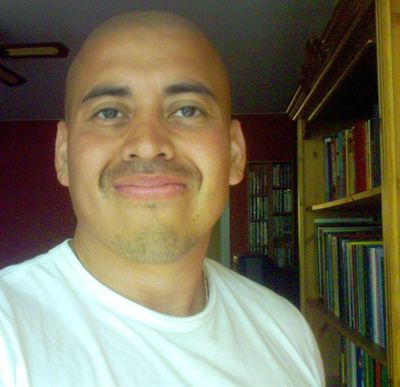People mean most for our collective happiness

Swedish soccer star Zlatan is associated with happiness, but not iPhones. A study of words connected to happiness in Swedish online news media suggests that our collective picture of what makes us happy is more about relationships, and less about things.
News articles published online by Swedish dailies during 2010 were analyzed in the study. By analyzing which words most often occurred in the same articles as the Swedish word for happiness, the researchers could pinpoint our collective happiness.
“It's relationships that are most important, not material things, and this is in line with other findings in happiness research,” says Danilo Garcia, researcher in psychology at the Sahlgrenska Academy's Centre for Ethics, Law and Mental Health.
The article analysis, which embraces more than one and a half million words, shows that words like “Prince Daniel”, “Zlatan”, “grandmother” and personal pronouns such as you/me and us/them often appear with the Swedish word for happiness. Words like “iPhone”, “millions” and “Google” on the other hand, almost never appear with the word for happiness.
“This doesn't mean that material things make you unhappy, just that they don't seem to come up in the same context as the word for happiness,” says Danilo Garcia.
The study is a part of a larger research project on how people describe both positive and negative events in their lives. The researchers believe that the word analysis reflects a collective perception among the members of our society as to what should make us happy.
“Just as the Beatles sang, most people understand that money can't buy you happiness or love,” says Danilo Garcia. “But even if we as individuals can understand the importance of close and warm relationships on a social level, it isn't certain that everyone is aware that such relationships are actually necessary for our own personal happiness.”
The study: “A Collective Theory of Happiness: Words Related to the Word ‘Happiness’ in Swedish Online Newspapers”, published in the scientific periodical Cyberpsychology, Behavior, and Social Networking in June.
Link to the article: http://online.liebertpub.com/doi/pdfplus/10.1089/cyber.2012.0535
Contacts:
Danilo Garcia, Doctor of Psychology, Centre for Ethics, Law and Mental Health, Sahlgrenska Academy.
+46 733-10 51 53
danilo.garcia@euromail.se
Sverker Sikström, Professor in Cognitive Psychology, Lund University
+46 70-3614333
sverker.sikstrom@psy.lu.se
Presskontakt Krister Svahn
Sahlgrenska akademin vid Göteborgs universitet
0766-18 38 69
031-786 3869
krister.svahn@sahlgrenska.gu.se
Med 6 000 studenter och 1 800 anställda är Sahlgrenska akademin Göteborgs universitets största fakultet. Vid Sahlgrenska akademin bedrivs undervisning och forskning inom farmaci, medicin, odontologi och vårdvetenskap. Vi sysselsätter 900 forskare, som i nationella och internationella samarbeten är engagerade i såväl grundläggande medicinsk forskning och patientnära studier i samarbete med Västra Götalandsregionen som i storskaliga studier på befolkningsnivå - allt med målet att förebygga, lindra och behandla sjukdom och ohälsa.
Tags:


